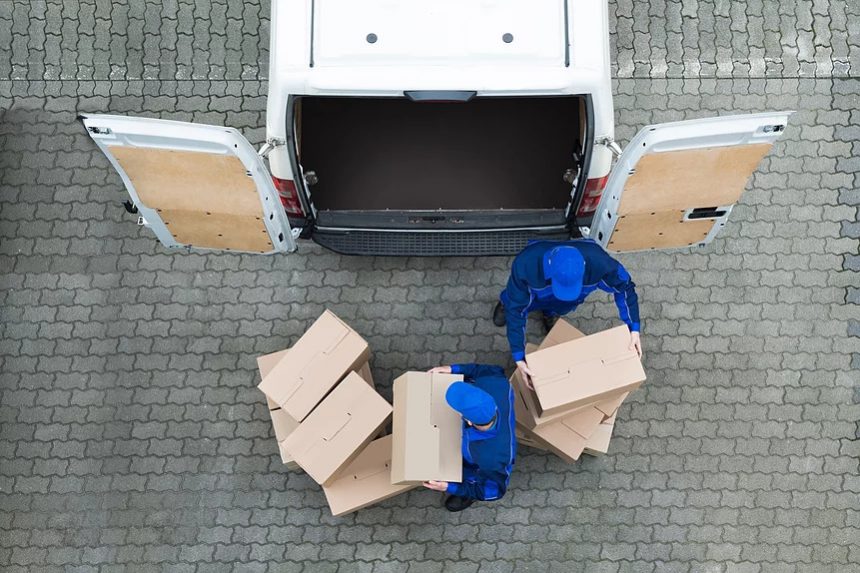If you’re moving across state lines, it’s important to have a mover that’s insured. It’s also important to be aware of scams that might be out there. This article will give you tips on how to protect your belongings and what you can do if you find yourself being the victim of a scam.
Moving across state lines
Interstate moving is a complex undertaking. In addition to the physical movement, there are a number of legal issues to consider. Getting the right mover will help ensure a smooth transition and avoid costly hassles down the road.
It is important to choose a reputable cross country moving company that is dependable and committed to working in your best interest. These companies may even have systems in place to keep you up to date with progress.
Some of the most important factors to consider include distance from home, size of household goods, and type of move. You may also need to factor in road tolls, lodging, and fuel. The more stuff you have, the more expensive the move will be.
A full-service moving company will provide a team of movers to handle the process. This includes packing, loading, and unloading. They can even provide heavy-duty furniture transportation if you need it.
Insurance coverage for belongings in transit
When you’re planning an interstate move, you need to protect your belongings from loss or damage. There are several types of coverage available to you. The most common type is valuation coverage. However, you may also need additional protection such as full value protection.
The coverage for your belongings in transit should be determined before you move. You can either get a policy from the moving company or purchase a third-party insurance policy.
Your homeowner’s insurance policy may include limited coverage for personal items in transit. If you do not have coverage, you could be liable for damages to your own belongings, rented equipment or a third-party’s property.
In addition, your homeowner’s policy may not provide coverage for natural disasters. Check with your insurer before deciding on a policy.
Packing and unpacking
If you’re looking for tips and tricks on packing and unpacking for Interstate Movers, you’re in the right place. Whether you’re planning on moving across town or across the country, a lot of things can go wrong if you don’t do your homework first. There’s a number of ways to make sure the task gets done correctly, and you’ll be thankful for the effort when you arrive at your new home!
The first thing you should do is make your bed. This may seem like a silly step, but it can make a huge difference when you finally get to your new house.
Another helpful tip is to label your boxes. Not only will it save you a bunch of time, but it can also help with your unpacking. You can use different colored markers to add additional clarity.
Scams to watch out for
When you’re moving, it’s a good idea to be on the lookout for moving scams. While there are a number of legitimate moving companies, you can still get suckered into paying a lot of money for services you didn’t need. In fact, there are so many bogus movers in the industry, the Better Business Bureau estimates that 13,000 complaints are filed against movers each year.
One of the biggest moving scams is the bait and switch. This is when a scammer sells you a low price only to try to upsell you on more expensive services. A reputable moving company will give you a written estimate and a bill of lading. The bill of lading lists the estimated cost of your move, as well as the delivery date.
Cost of moving out of state
Moving out of state can be costly. It is important to research all of your options and figure out what you are going to spend. This will help you to keep your costs down.
Depending on how far you need to move and how many things you have to transport, the cost of moving out of state can vary. If you are moving out of a smaller home, you may be able to save money by renting a truck and driving your belongings. However, if you have a large amount of stuff, hiring professional movers can be cheaper.
When you are moving out of state, you will need to rent a vehicle. You will also need to get packing supplies, as well as transportation. There are also additional costs like meals and hotel stays.
